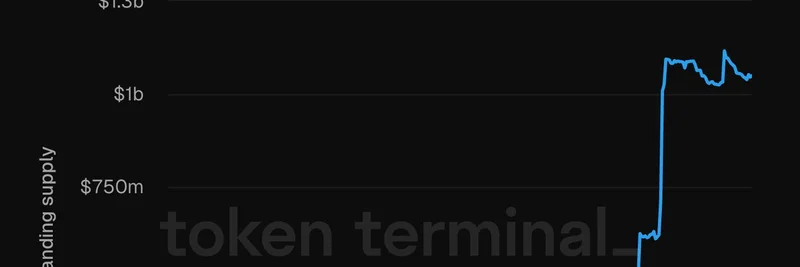In a groundbreaking move that's sure to catch the eye of institutional investors, Amina Bank has just become the first regulated institution worldwide to roll out staking services for Polygon's native token, $POL. This development comes hot on the heels of their partnership with the Polygon Foundation, opening up new avenues for big players to engage with the blockchain ecosystem in a compliant and secure manner.
Understanding the Basics: What is POL Staking?
For those new to the crypto space, staking is essentially like putting your tokens to work. Instead of letting them sit idle in a wallet, you lock them up to help secure the network and validate transactions. In return, you earn rewards—kind of like interest on a savings account, but with potentially higher yields. Polygon's POL token is central to this, powering the Polygon ecosystem, which is a popular layer-2 scaling solution for Ethereum. It helps make transactions faster and cheaper, which is a big deal for dApps, NFTs, and yes, even meme tokens built on the network.
Amina Bank, a Swiss-based crypto-focused institution, is now offering this service specifically tailored for institutional clients. That means hedge funds, family offices, and other big-money players can stake their POL tokens through a regulated platform, complete with top-tier custody and risk management. According to reports, clients can expect annualized rewards of up to 15%, which is pretty attractive in today's market Polygon Blog.
Why This Partnership Matters
The collaboration between Amina Bank and the Polygon Foundation isn't just another announcement—it's a signal of maturing crypto infrastructure. Polygon has been pushing hard to attract institutional capital, and this staking offering provides a safe entry point. As Amina Bank's CEO emphasized in a recent statement, this move allows institutions to shift from mere token ownership to actively securing the blockchain, all while staying within regulatory bounds CoinDesk.
For the meme token community, this could indirectly boost activity on Polygon. More institutional staking means a more secure and liquid network, which benefits everyone from degens trading the latest viral coins to developers building the next big thing. Polygon's ecosystem already hosts a ton of meme projects, and enhanced institutional involvement could lead to better tools, more liquidity, and perhaps even some regulated exposure for those wild rides.
The Broader Implications for Crypto Adoption
This isn't happening in a vacuum. With regulators around the world tightening the screws on crypto, having a fully compliant staking option from a licensed bank like Amina is a game-changer. It bridges the gap between traditional finance and decentralized networks, potentially encouraging more institutions to dip their toes into DeFi. We've seen similar moves with Ethereum staking post-Merge, but Polygon's focus on scalability makes it particularly appealing for high-volume applications.
If you're an institutional investor eyeing crypto, this could be your cue to explore POL staking. Head over to Amina Bank's site for more details, or check out the Polygon Foundation's resources to learn how to get involved Business Wire. As always, do your own research—crypto markets are volatile, but opportunities like this are what keep the space exciting.
Stay tuned to Meme Insider for more updates on how institutional moves are shaping the meme token landscape and beyond. Whether it's the next pump or a regulatory breakthrough, we've got you covered.

